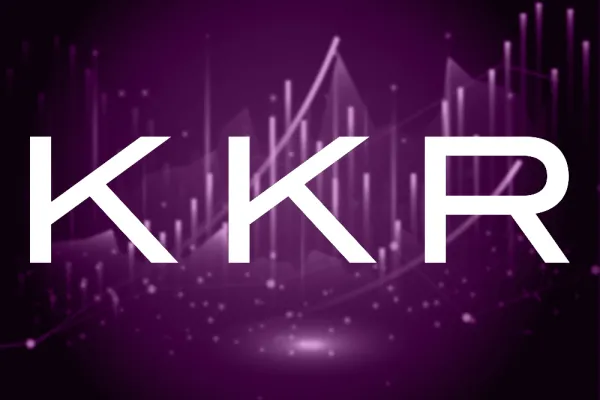By definition, private markets are opaque, inconsistent, and complex compared to public markets. But investors’ use of customized data to get around the problem and improve performance reporting has resulted in inconsistent and potentially misleading metrics.
That’s a dilemma given the growth of the alternative assets market — despite economic headwinds. Preqin forecasts the market will reach $24.5 trillion by 2028. While institutions have increased their alternative allocations to a fifth of their portfolio in 2023, we also see private wealth fundraising reaching an inflection point.
Large fund managers are leading the way, with KKR stating that 15 percent of the capital raised in recent years has come from individual investors. We expect that to reach 30 to 50 percent over the next few years. The democratization of private markets has created new opportunities and attracted more participants from fund managers to investors to advisors — all eager to gain a competitive edge in performance and growth measurement.
The Rise of Customized Data as a Cure-All
Private market's historical opacity and lack of transparency stems from limited data access and reduced pressure on investors to report in a similar way to public markets. This hampers professionals' ability to analyze performance and assess risks effectively. Even if practitioners can attain valid performance data, there are inconsistent methodologies to evaluate the performance. Practitioners can use time-weighted returns, money-weighted returns, or cash-on-cash multiples — each with their own variants. Finally, even with robust data and consistent methodologies — putting together and creating relevant and robust comparisons and analysis can be complex.
These challenges underscore the need for clear definitions and metrics — benchmarks — to ensure market participants have similar rules of engagement and measurements of success.
We believe benchmarks empower investors, fund managers, and advisors to make data-driven decisions and rely less on assumptions. Robust benchmarks are crucial for ensuring market participants speak the same language, fostering informed decision-making and stakeholder trust. This must be coupled with independent, reliable, and accurate benchmarking data to guide informed investment decisions and ensure meaningful performance analysis.
However investors face many challenges in navigating the alternatives landscape, ranging from asset allocation and fund screening to due diligence, portfolio monitoring, and reporting. Credible benchmarks and private capital indices allow investors to be more confident in allocation decisions and align investment portfolios with risk-to-return objectives. These tools also provide insights into the pacing behavior of capital within a strategy. Reliable policy benchmarks are essential for monitoring overall portfolio performance, accounting for risk, return, and compliance factors. Additionally, benchmarks ensure alignment of interests between investors and fund managers, fostering trust and accountability in the investment process.
The Importance of Benchmarks to Fund Managers and Advisors
In an increasingly crowded field where fundraising is becoming more challenging, asset managers need to decide "where to play" and how to differentiate their funds from peers. The right benchmarking and market intelligence tools assist managers in these decisions. Fund reporting is more valuable when managers analyze performance against custom private market benchmarks and in the context of the broader market. Providing transparent benchmarks demonstrates a manager's commitment to accountability and performance evaluation.
Advisors are at the crossroads of advisory services, where private market data and institutional research play pivotal roles in advising on, finding, and vetting investment and exit opportunities. Benchmarks are critical tools to advise clients on asset allocation and investments, and to analyze the market to identify growth opportunities and new product offerings. These benchmarks help advisors identify trends, stay abreast of the market, and offer relevant, data-driven advice to their clients.
Building Trust with Stakeholders
Without sustainable adoption, transparency, and industry efficiency within private markets benchmarks, those operating in them will face complexities. At the heart of the issue is transparency. Without reliable data, fostering trust and fairness within the alternative asset industry is difficult. Ensuring all industry players have access to the same information levels the playing field and provides a fair view of expected performance. For example, smaller funds must prioritize relative performance analysis to stay competitive with larger peers. Transparent benchmarks offer clarity on performance metrics, empowering smaller funds to navigate market dynamics effectively.
However, benchmarks alone are not sufficient. Education is critical in bridging the gap between knowledge of available tools and relevant application. Practitioners can then make informed decisions by understanding historical industry performance and seeing the connections between data and strategy.
In essence, by harnessing the power of reliable benchmarks, stakeholders can navigate the complexities of alternative assets with clarity, agility, and conviction, paving the way for sustainable investment success and industry-wide efficiency.
Fabien Chen is head of benchmarks at Preqin.







